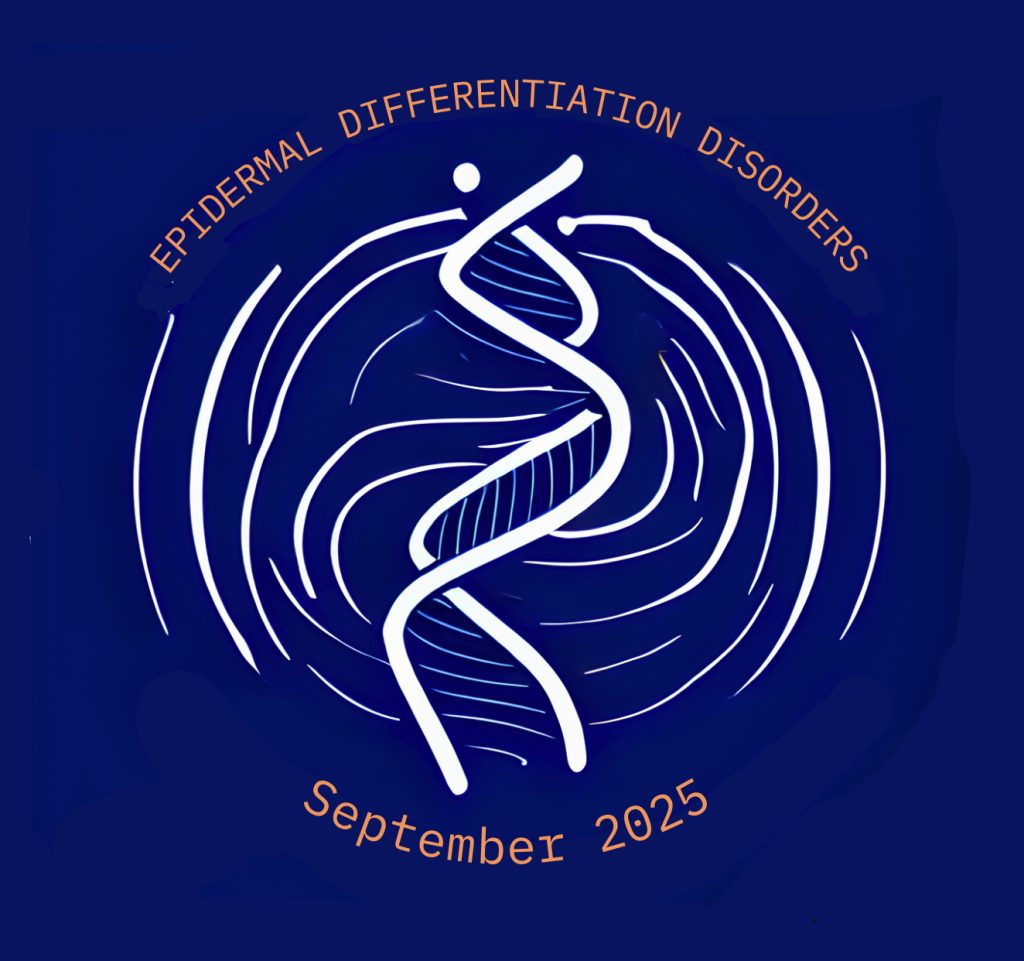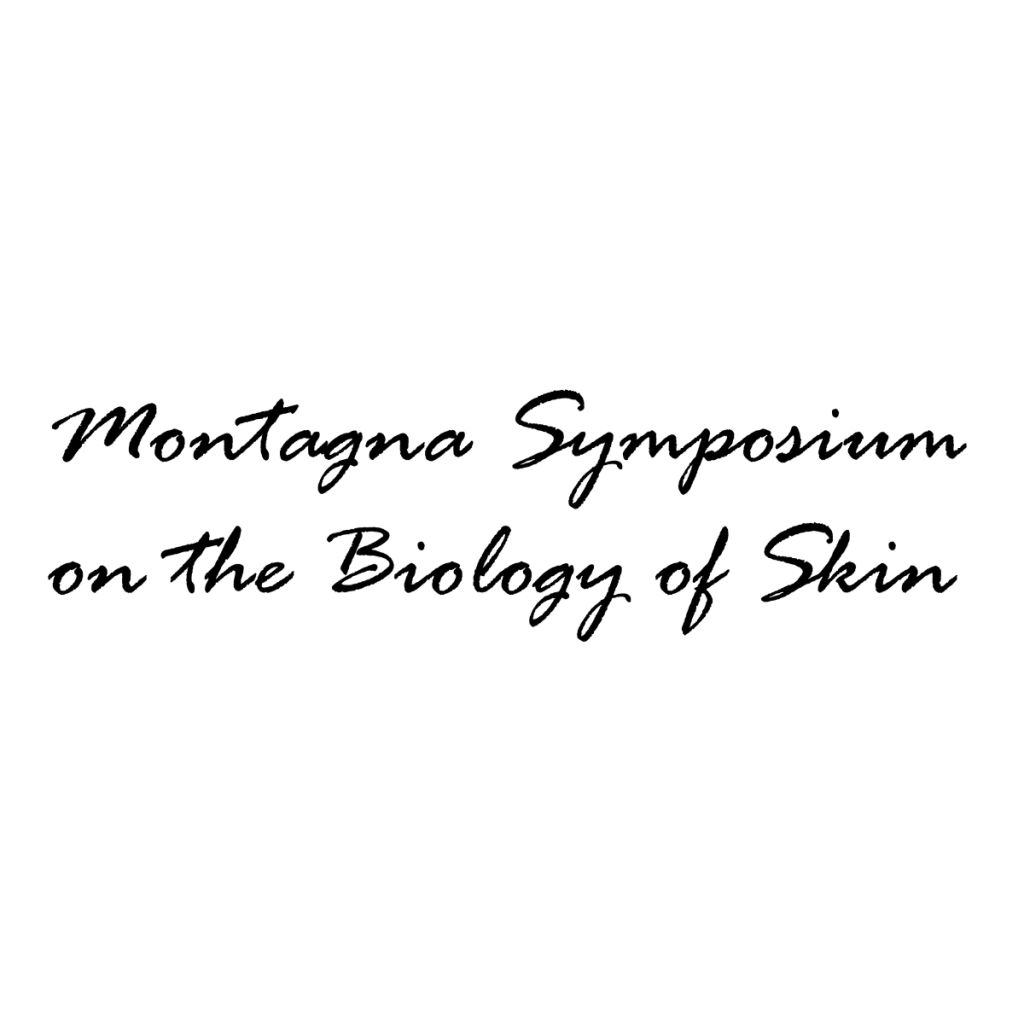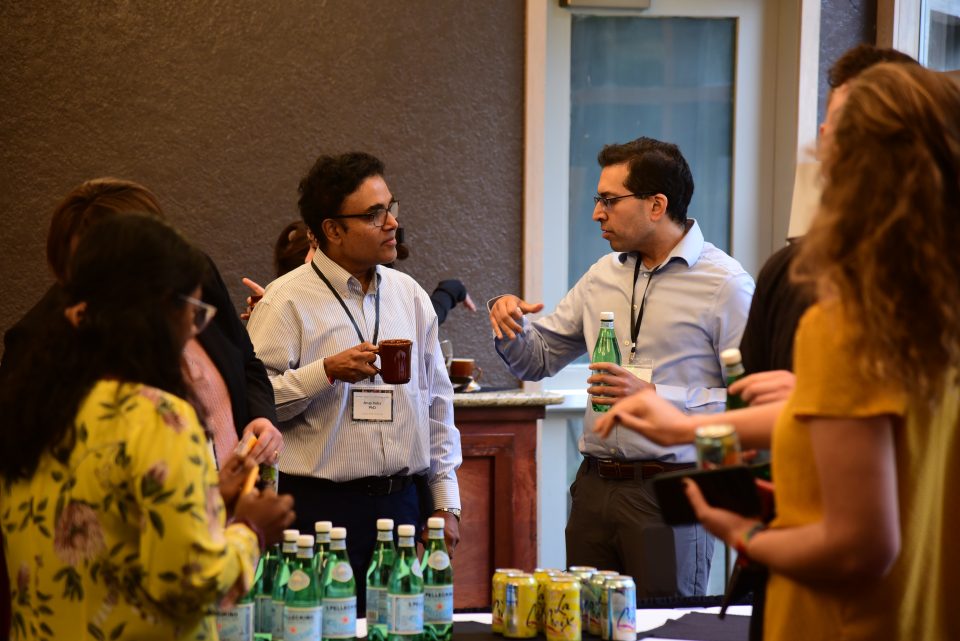Photo from the Montagna Symposium on the Biology of Skin
4 July 2024
Both symposia, funded by the LEO Foundation, will dive into important topics on the skin. One scientific event will bring together experts on a group of rare hereditary disorders of the skin for which the only known treatments options are insufficient. The other will stimulate scientific discussion under the headline Skin of Color Dermatology, with the objective to increase understanding of health disparities and disorders disproportionately affecting people with pigmented skin.
The Symposium on Epidermal Differentiation Disorders – to be held near Paris, France in 2025 – and the 71st Annual Montagna Symposium – to be held in Washington, USA in 2024 – are the first two events to receive a grant through the LEO Foundation’s new open competition program Research Networking Grants, receiving a total of DKK 571,000 (EUR 77,000) for their symposia. Both symposia will dive into important topics on the skin, hoping to facilitate the development of valuable new insights by acting as a networking hub for established experts as well as aspiring junior researchers and other stakeholders.
The LEO Foundation has maintained a long-standing commitment to funding leading skin research and with the new Researching Networking Grants program now extends its strategic focus to also support catalyzing a strong and thriving skin research ecosystem.
Two-day symposium to tackle rare hereditary skin disorders
One of two events to receive the first Research Networking grants is a two-day international symposium which aims to expand the international network of experts within epidermal differentiation disorders. Epidermal differentiation disorders are rare skin conditions which are characterized by skin thickening, scaling and inflammation. They can be particularly harsh disorders, gravely affecting the quality of life of those afflicted – and beyond the skin sometimes also affect the hair and nails, and even the heart, brain and eyes. Currently, no cure is available for epidermal differentiation disorders and few treatments exist. The unmet need is therefore high, further challenged by the fact that qualified health experts are often spread widely due to disease rarity.
This two-day symposium – to be held near Paris and scheduled for 15-16 September 2025 – therefore sets out to increase much needed expertise within the disabling disorders, particularly by facilitating networking between its spread spectrum of stakeholders – including clinicians, researchers and patient representatives all invited to participate under one roof. Furthermore, the symposium places a specific aim on encouraging involvement of young stakeholders to cultivate the pipeline of future experts – with young attendees offered dedicated talk-time and chair responsibilities in scientific sessions as well as panel discussions. The symposium is organized by leading experts within epidermal differentiation disorders with the hope that by serving as a central international hub for all stakeholders, vital and holistic brainstorming, collaborations and new trial designs can take place, potentially leading to the development of new improved treatments.
Symposium on Epidermal Differentiation Disorders
DKK 400,000 to Maastricht University Medical Center+, the Netherlands

The Symposium on Epidermal Differentiation Disorders (EDD) aims to expand the network of experts within EDD by involving and stimulating the future generations of researchers, clinicians, patient organizations, and industry. Organized by leading EDD experts, the event will bring together these stakeholders from diverse backgrounds to brainstorm, promote collaborative research, and design new trials.
EDD are a group of rare hereditary skin conditions characterized by skin thickening, scaling, and redness caused by pathogenic variants in the involved genes. EDD, which include ichthyosis and palmoplantar keratoderma, may affect only skin and related structures (hair, nails) or also other tissues in syndromic subtypes (for example, the brain, heart, hair or eyes). No cure is available, and treatments are limited and not effective enough. Because EDD can severely affect quality of life, the unmet need is high, and an improved understanding of its basis will make it easier to develop treatments that target the causes of disease.
The two-day symposium – currently scheduled for 15-16 September 2025 near Paris, France – will review updates on classification of EDD, clinical and genetic discoveries, novel targeted treatments, patient perspectives, and research. In addition to scientific sessions, the symposium emphasizes collaboration and networking opportunities. Panel discussions and a dedicated session for young researchers will encourage knowledge exchange and exploration of innovative approaches.
71st Annual Montagna Symposium to target Skin of Color Dermatology
The Montagna Symposium on the Biology of the Skin is also one of the first projects to receive a Research Networking grant for its 71st annual meeting to cover the topic “Skin of Color Dermatology: The Interaction of Science & Society”. The Montagna symposium has a longstanding history of facilitating networking within cutaneous biology and the skin – and has existed since 1950 with an aim to better link the work of basic scientists studying the skin and clinically trained scientists in investigative dermatology. Since its establishment, the symposium has attracted over 5000 scientist, physician and student attendees through its yearly meetings – each year’s symposium addressing a different major topic in cutaneous biology.
This year’s symposium, supported by the LEO Foundation, will focus on Skin of Color Dermatology, or more specifically, health disparities and cutaneous disorders that disproportionately affect people with pigmented skin. Its program therefore includes concise talks, Q&As, and networking opportunities touching, amongst other topics, upon genetics and social determinants of health. The symposium also aims to highlight the work of clinicians and researchers underrepresented in science and medicine, and furthermore strives to foster mentorship – by uniting more established researchers within the community with junior researchers to enable expertise exchange. This year’s Montagna symposium will be held in Washington, USA on 17-21 October 2024.
71st Annual Montagna Symposium
DKK 171,000 to Oregon Health and Science University, USA

The goal of the 71st Annual Montagna Symposium, Skin of Color Dermatology: The Interaction of Science & Society, is to promote practicing clinicians, residents, trainees, basic and translational researchers who are underrepresented in science and medicine, assembling leading scientists and clinicians engaged in research and treatment of diseases that disproportionately affect skin of color to share knowledge and foster collaborations.
The event will take place on 17-21 October 2024 in Washington, USA and aims to enable interaction between new and established scientists and dermatologists who work collectively to advance the field of skin research. The format will include short talks organized in sessions by topic, with time for questions and discussion. Young investigators get the opportunity to interact with experienced researchers and clinicians in their fields both formally and informally throughout the meeting, and the meeting provides participants with a springboard for new research activities or clinical practices.
About Research Networking Grants and the next application round in 2024
Through the Research Networking Grants program, the LEO Foundation seeks to enable knowledge-sharing and facilitate networking and collaborations within the skin research community by providing researchers and students with opportunities to present and discuss the newest research within their field.
Supported events include conferences, meetings, symposia, and workshops focused on skin-related research, which permit international participation. Grants of up to DKK 500,000 are available.
Research Networking Grants are open for applications biannually. The next round for applications opens 15 August 2024 and closes 2 October 2024. Learn more about Research Networking Grants and apply on our website.
